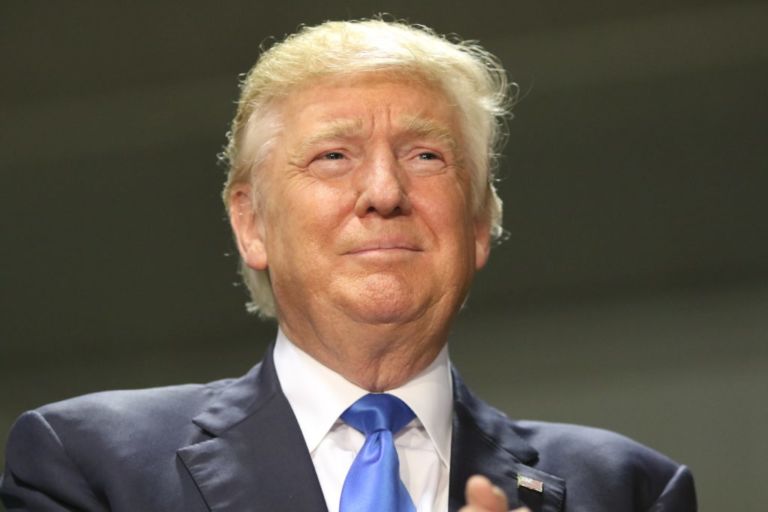Michael Strain writes for the Financial Times about one unfortunate similarity between President Biden and former President Trump.
Donald Trump and Joe Biden differ in many important ways, but both reject the broad consensus that largely governed economic policy in the decades before Trump’s 2016 election — one that is generally supportive of business and in favour of free enterprise. This is bad for businesses, workers and consumers.
Take free trade and industrial policy. Senior officials from both administrations have explicitly argued for abandoning the international economic order built after the second world war in favour of a new consensus that relies more on government planning and less on market outcomes.
But Trump and Biden’s break with the past goes beyond protectionism. Ronald Reagan chose to use his last speech as president to praise immigrants. “We lead the world,” he said, “because, unique among nations, we draw our people — our strength — from every country and every corner of the world. And by doing so we continuously renew and enrich our nation.” Trump, in contrast, charges immigrants with “poisoning the blood” of America. Biden, though much less extreme, has surprised his supporters by not being friendlier to migrants and the businesses that rely on them.
And where Bill Clinton declared that the “era of big government is over,” Biden has attempted to throw out decades of consensus in competition policy in favour of a “big business is bad” standard. This opens the door to a greater role for regulatory discretion and political mischief in antitrust enforcement.
This is bad for business, workers and consumers. Take Trump’s tariffs, which raised the cost of intermediate inputs to production for domestic manufacturers and invited retaliation from other nations. Consumers paid higher prices for goods made with imported materials — and, after factoring in higher input costs and retaliation, manufacturing employment decreased. Biden then chose to keep them in place.


